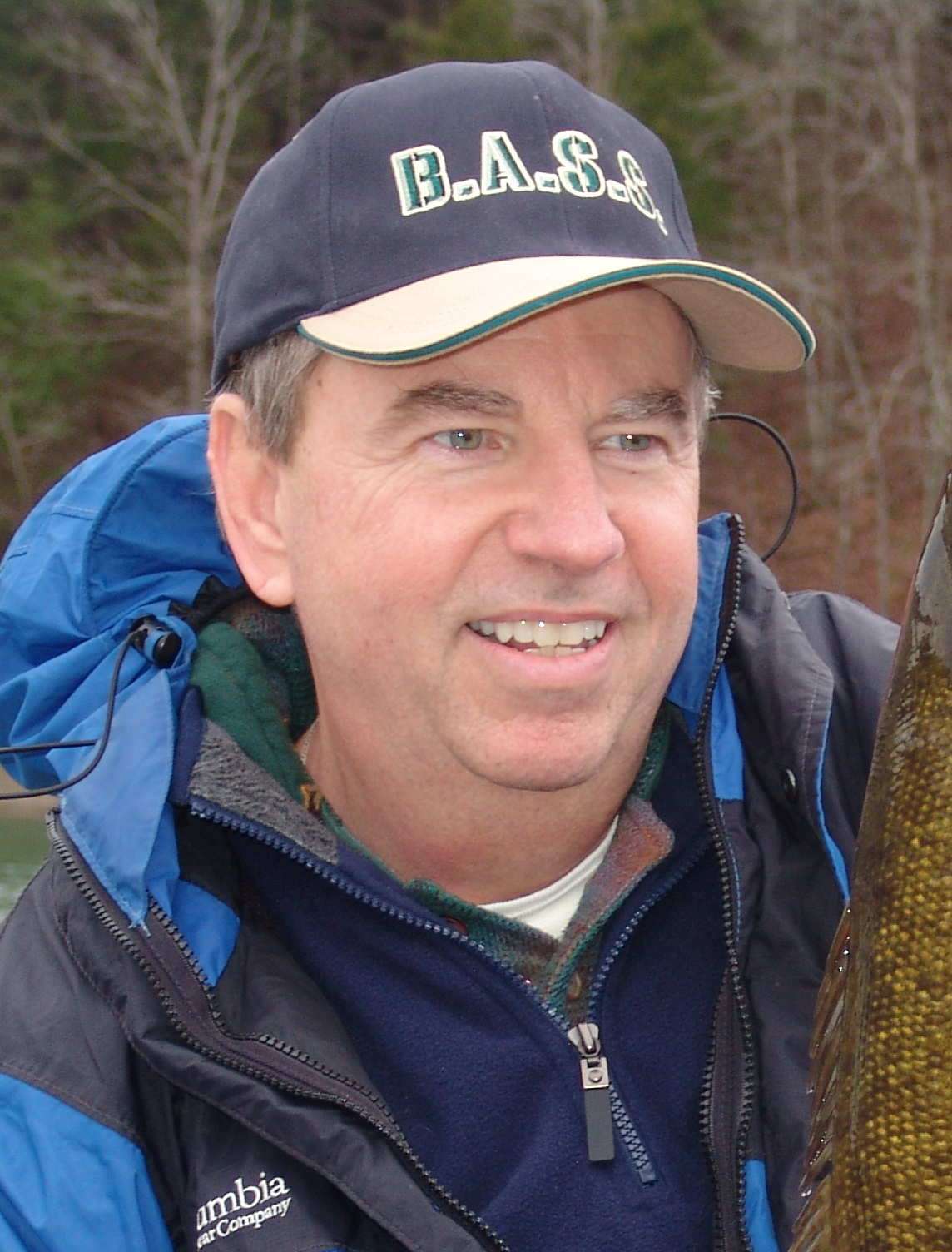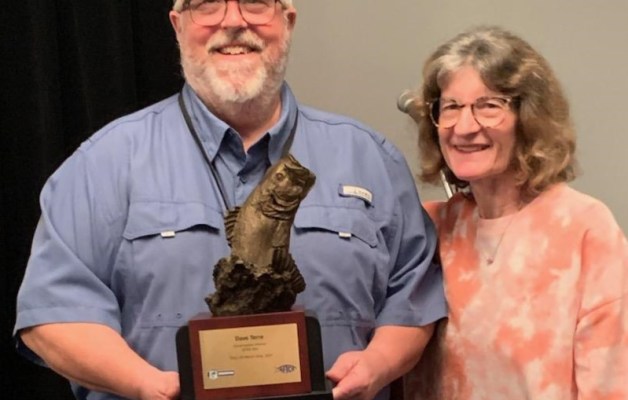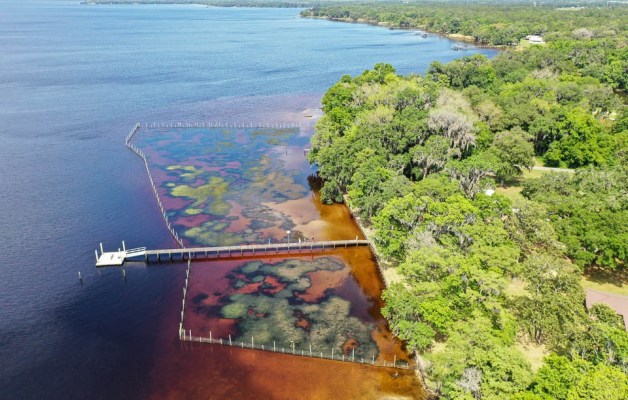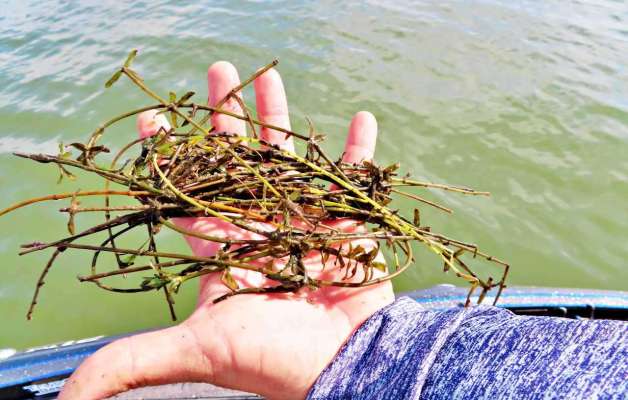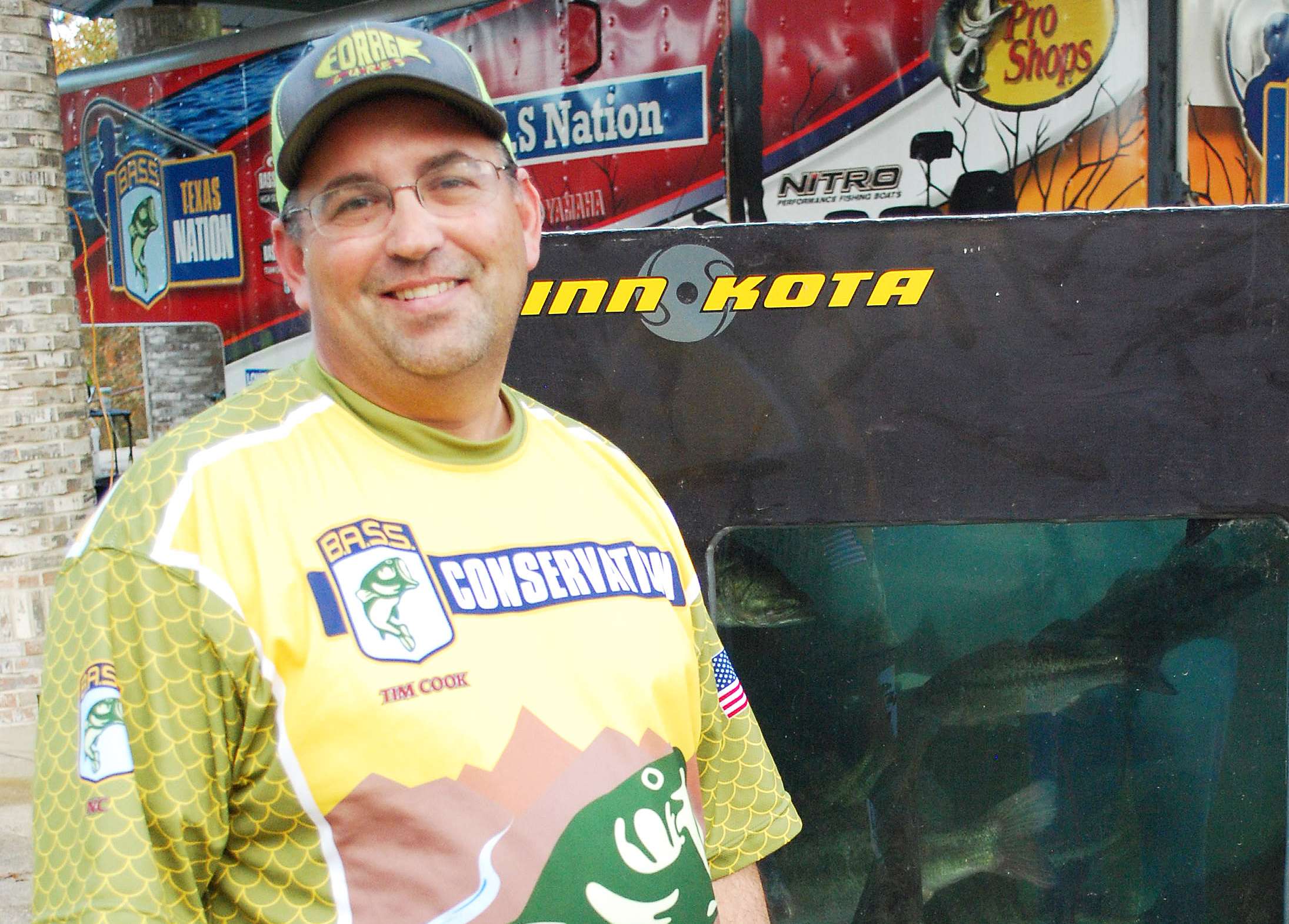
MCQUEENEY, Texas – For new B.A.S.S. Nation (BN) state conservation directors who worry about whether they can handle the job, long-time Texas Conservation Director Tim Cook has some reassuring advice: Relax and go with the flow.
“It takes several years of service to really get on your feet,” said the owner of Cook Industrial Tool Inc. and father of two. “Learning what your priorities are is the first step.”
For Cook, a member of the Canyon Bass Club of San Marcos since 1988, a top priority is fish care above and beyond catch-and-release.
“Educating anglers about ways they can prevent delayed mortality is important,” he explained. “Catch-and-release is for nothing if the fish later dies after the tournament, so teaching livewell management, weigh-in procedures and live release management are all important.”
Other priorities for the Texas angler who has been conservation director since 2003 include habitat, aquatic invasive species and management of aquatic vegetation and fisheries.
Aquatic invasive species is heating up as an issue, mostly because of concerns about the spread of zebra mussels and giant salvinia, recently discovered on Lake Fork and other fisheries.
“By far, this is the number one issue I deal with in Texas,” Cook said. “Some invasive species like hydrilla can be tremendously beneficial to habitat. But when there are conflicts with other users, such as shoreline property owners, it’s important for anglers to have a voice in how management is implemented.”
A state conservation director must have a good working relationship with his or her state fisheries agency to have a voice in how the government deals with invasives, he added.
“Overreaction, such as lake closures and burdensome over-regulation, is a real threat to access,” he said, adding that educating anglers about exotic threats and the importance of “clean, drain and dry” also are important.
The most beneficial thing that he has done for the Texas BN, Cook believes, is to team up with Texas Parks and Wildlife Department (TPWD). “Developing trust and personal relationships is critical to being effective,” he added.
Cook serves on the Inland Fisheries advisory board, which the agency uses to get public input on proposals and programs. He also in on the TPWD Freshwater Fishing Hall of Fame selection committee.
“Beyond these appointments, I have working relationships with key TPWD personnel statewide,” Cook said. “They know they can depend on and come to me when they have needs, and I can depend on them for honesty and answers.”
In 2013, that teamwork resulted in the TPWD and the Seven Coves Bass Club (SCBC) receiving the Texas Environmental Excellence Award for habitat work on Lake Conroe.
“This prestigious award was the result of the collaboration of many different organizations and the accomplishments of the Lake Conroe Aquatic Habitat Partnership,” explained the conservation director.
Ron Gunter, an SCBC member and assistant state conservation director, played a key leadership role in the project. “Ron has been a huge asset and helps me represent the B.A.S.S. Nation,” Cook said.
In 2014, meanwhile, the U.S. Department of the Interior awarded the Partners in Conservation Award to the Texas BN for its contributions to drafting the Edwards Aquifer Habitat Conservation Plan. The aquifer is the primary source of drinking water for more than 2 million people, and the aquatic habitat associated with it is home for eight endangered species.
“In Texas, water is more valuable than gold,” Cook said. “We had to represent a very diverse group of people.”
Along with continued emphasis on habitat, fish care and preventing the spread of invasive species, Cook wants to develop a conservation team.
“Texas is a big state and we need each club to have a conservation director, as well as each region,” he said. “I also plan to increase the use of social media to raise awareness of issues in our states and recognize clubs and individuals who do outstanding work.”

